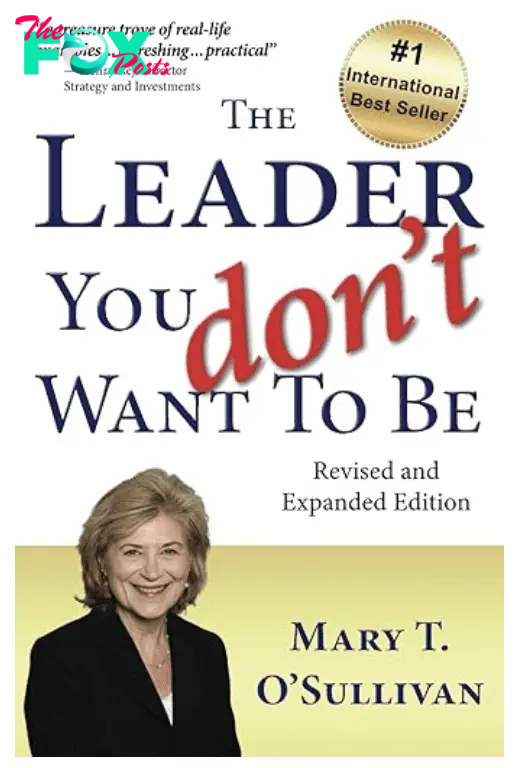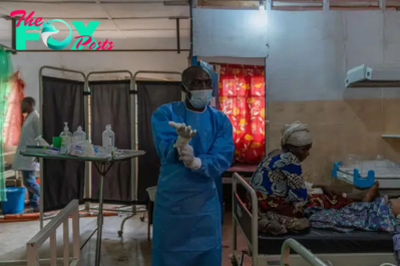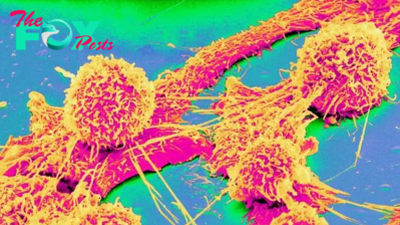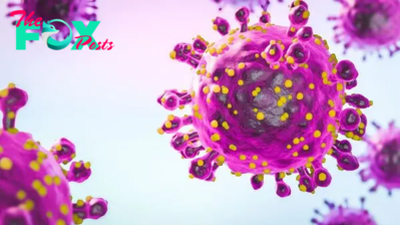Health
Generative Artificial Intelligence (AI) will change your work life. Ready? – Mary T. O’Sullivan
by Mary T. O’Sullivan, MSOL, PCC, SHRM-SCP, contributing writer, business leadership
“Generative AI has the potential to change the world in ways that we can’t even imagine.” – Bill Gates
I’ve been stuck lately on how best to present my LinkedIn posts. After wracking my brain, and wasting a lot of time, I turned to ChatGPT to help me find the right words to make my point. Sometimes, the results are a little hyperbolic and even exaggerated, so editing is important to temper the potential for braggadocio. And editing Chat GPT takes a lot less time than pondering and rewriting my own words repeatedly, especially for what should be a 10-minute social media post. So ChatGPT is my go-to writing assistant when I want clear and concise prose and run into a severe writer’s block.
As we all know, ChatGPT is powered by Artificial Intelligence which creates a human like, natural language conversation and performs tasks like answering questions, writing draft emails, and even creating computer code. Right now, ChatGPT, created by Open AI, is free to the public, and is current through 2021. Within two months of its release, it gained over 100 million users. Although still in its infancy, ChatGPT is expected to revolutionize entire industries, such as mental health, education, customer service, and content creation, according to AIContentfy, a content generation platform. Imagine the time saving aspects for entrepreneurs and the self-employed.
Generative AI is on a whole new level than natural language applications such as ChatGPT. Generative AI portends a new universe for how work happens. While ChatGPT can express language and code, Generative AI creates new, never before seen content, including art, music, images, language text, and more. Generative AI can learn patterns from existing data and apply those models to something entirely new. Can you envision what this new technology means for workers in the not-so-distant future? A 2023 report by McKinsey predicted that Generative AI may replace from 60%-70% of employees’ work!
We can all recall the recent writers’ strike in Hollywood which was a direct response to studios wanting to incorporate Generative AI into their programming and cut the writers’ pay. Recently, a Generative AI program passed the Uniform Bar Examination in the 90th percentile, indicating that many repetitive legal tasks could easily be performed by this technology instead of people. Finance, banking, and fintech are other areas where humans could be replaced by machines. It could be used to offer detailed advice on personal finance and spending data, rather than your trusted financial advisor. Tech Accelerator, an AI technology platform, clarifies this by quoting a 2020 survey conducted by the World Economic Forum. In this survey, they discovered that 77% of the respondents in the world of finance believed that Generative AI would have a “very high importance in their industry.”
With worker replacement in mind, Deloitte created a high-level road map for introducing Generative AI into existing workplace systems. Decisions at the C-suite level have to be made as to the value of instituting a new way of working versus employee experience and engagement. There is no doubt that Generative AI will replace many workers in every industry, it’s just a matter of work being reimagined by the executives at the top and the ever-changing Technology. In their brochure, Deloitte explains the urgency facing executives to catch up with the knowledge skills involved with using this new tool.
“By recognizing which tasks can be automated, which can be augmented, which will have limited impact, and which new tasks might emerge, organizational leaders can devise strategies to navigate the challenges and opportunities posed by Generative AI and determine what kind of upskilling curricula will be necessary for workers down the road.”
In other words, if executives want to stay ahead of the comPetition, they must be prepared to deal with the not so inconsequential impacts of Generative AI in the workplace and to train workers to effectively use it.
I’ll probably never learn to use Generative AI for my work, I don’t think I could afford it. Besides, I’m comfortable with the ease of ChatGPT for my needs. We recently decided to do our own taxes. When I was struggling how to tell my accountant of 35 years we would no longer be using her, words alluded me. I turned to ChatGPT and sent a very nice, although edited, email to let her know. But workers in the next five years or so need to think about what Generative AI means to the future and their jobs. It’s not a bad idea to do some research and find out the answers.
“It has happened before; every Technology revolution has led to loss of jobs. But new jobs get created, and there will be many new jobs created as part of this AI revolution.” – Raj Mukherjee, Executive Vice President, Indeed
___

Connect with Mary:
www.encoreexecutivecoaching.com
Buy My Book

Mary T. O’Sullivan, Master of Science, Organizational Leadership, International Coaching Federation Professional Certified Coach, Society of Human Resource Management, “Senior Certified Professional. Graduate Certificate in Executive and Professional Career Coaching, University of Texas at Dallas.
Member, Beta Gamma Sigma, the International Honor Society.
Advanced Studies in Education from Montclair University, SUNY Oswego and Syracuse University.
Mary is also a certified Six Sigma Specialist, Contract Specialist, IPT Leader and holds a Certificate in Essentials of Human Resource Management from SHRM.contributing writer, Business leadership
-

 Health1d ago
Health1d agoWhat to Know About Mpox in 2024
-

 Health1d ago
Health1d agoWhy does heat cause headaches?
-

 Health1d ago
Health1d agoDeadly 'triple E' kills New Hampshire man — what is eastern equine encephalitis?
-

 Health2d ago
Health2d agoColon-cancer risk in young people linked to one amino acid, small study finds
-

 Health2d ago
Health2d agoThis beginner-friendly Garmin watch is now at its lowest ever price
-

 Health2d ago
Health2d agoListeria outbreak tied to sliced deli meat hospitalizes 57, kills 9
-

 Health2d ago
Health2d agoWhat to know about Oropouche virus — the deadly fever that has reached the U.S.
-

 Health2d ago
Health2d agoCOVID-19, flu and RSV shots − an epidemiologist explains why all three matter this fall



























